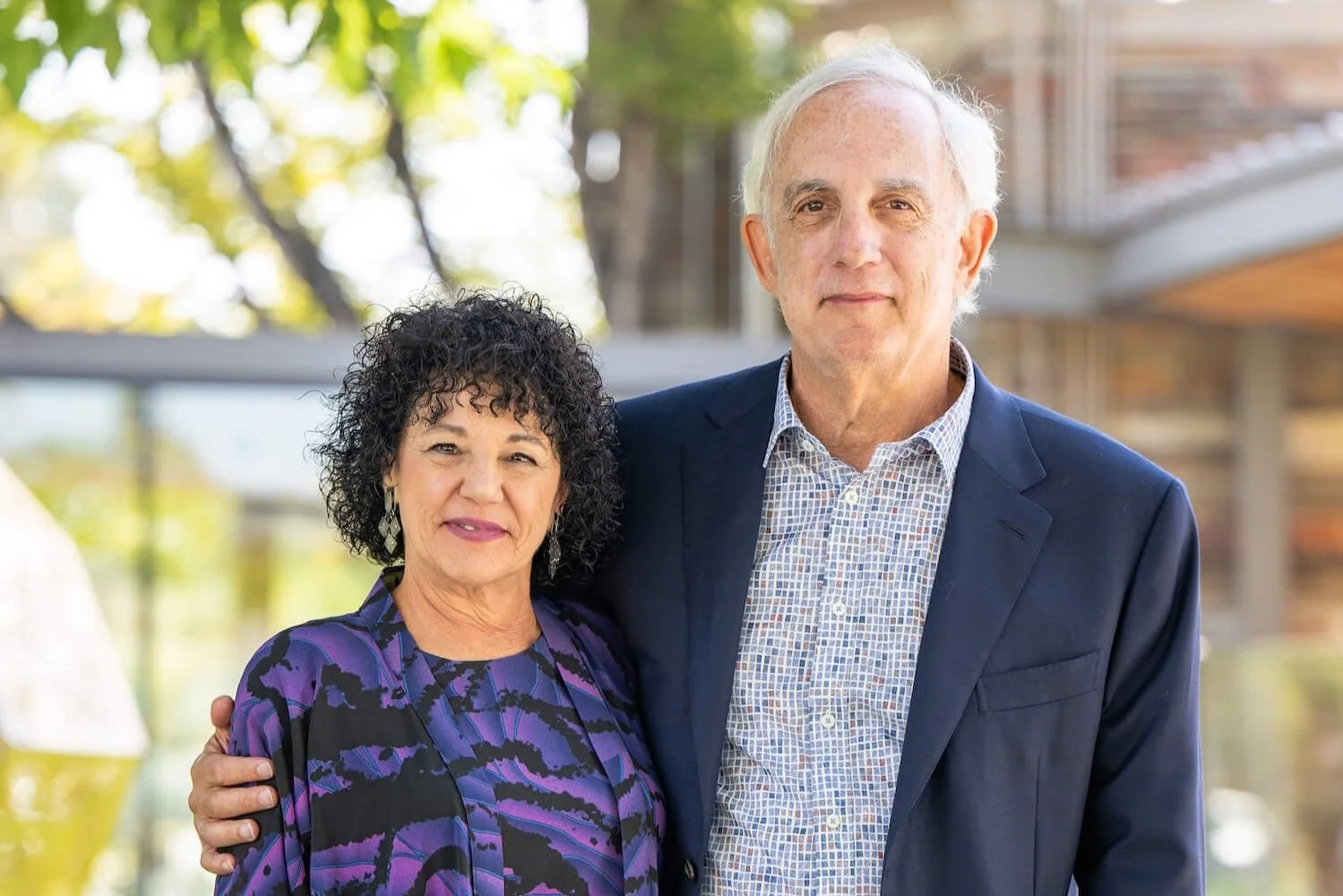A Donor-Advised Fund for the Wealthy Startup Crowd Looking To Do Good
/photo: Pranch/shutterstock
The Alliance for Good is a new donor-advised fund and network of aspiring philanthropists, launched by three co-founders of an up-and-coming grocery ecommerce startup. The trio are looking for other like-minded millionaires to join in, and other than a stated interest in health and the environment, plan to figure out the causes collaboratively as they go.
The initiative reflects a few trends in philanthropy, particularly among younger wealthy individuals and tech entrepreneurs—the ideas that profit-seeking and doing social good can go hand in hand, and that people should start their philanthropy sooner than later. It’s also joining the boom in donor-advised funds, which controversially allow immediate and maximized personal tax benefits as donors sort out what to fund at their leisure.
While the DAF space is dominated by financial giants like Fidelity and by community foundations, there's long been more cause-oriented funding intermediaries that offer DAFs—like DonorsTrust, for example—and that marketplace has been expanding fast lately. With billions flowing into DAFs every year, it figures that there'd be an uptick of efforts to direct some of this wealth into mission-driven funds.
Related: Inside DonorsTrust: What This Mission-Driven DAF Offers Philanthropists on the Right
Founders Gunnar Lovelace, Nick Green, and Sasha Siddhartha kicked the initiative off with $12.7 million of their own money, and while they have soft spots for causes like food access and waste reduction, Alliance for Good’s purpose remains broad, seeking “innovative solutions in health, personal development, the environment and capitalism.” New donors that commit a minimum of $1 million will be considered “co-founders," with a 2019 summit planned to review their efforts.
The founding trio’s wealth comes from Thrive Market, a membership-based online grocery service that is sort of a smaller, socially conscious alternative to Whole Foods/Amazon, with a little bit of Costco added in. Founded in 2013, Thrive has a hot hand, having raised $180 million and grown to over 500 employees.
Riding on their success, the team decided to start a philanthropic platform with their own network of socially conscious people in the ecommerce game in mind (they call the alliance a “community of influencers”). They hope to bring in many other donors, and imagine a model where a subgroup could support a project and then report back to the rest.
If you’re wondering how large a donor pool could emerge from ecommerce startups out to do good, it’s big business. Younger consumers in particular tend to patronize companies that have higher ethical standards and are driven by missions to produce some kind of public benefit. Critics of so-called social enterprise cite vague definitions and a mismatch between business principles and charitable causes, but there's a wave of entrepreneurs who believe their capitalist enterprises can dovetail with altruism.
Related: Taking the Pledge: Inside the Next Big Wave of Tech Philanthropy
Thrive builds its brand around a mission to make healthy food more accessible. The company allows users to shop for food based on values, for example, and takes part in waste reduction other sustainability efforts. Alliance for Good isn’t part of Thrive, but it’s very much in line with the company’s image. As Nick Green has said about the team's endeavors, which also include a new investment fund, “Everything, for us, starts with our mission.”
While the trio’s own causes may stem from that mission, one thing that sets Alliance for Good apart is that there's not a whole lot explicitly uniting potential donors at this point, and members will figure out causes collectively.
The philanthropic vehicle they’re emphasizing, the donor-advised fund, allows plenty of time to do so. DAFs operate as grantmaking entities, not unlike foundations, but when donors deposit funds, they enjoy tax savings immediately, regardless of whether or when money actually makes it to charitable work. In addition to having no requirement for payout, DAFs require less transparency, and offer greater tax breaks for certain types of assets donated. The benefits to the donor, along with accessibility and ease of management, have made them both extremely popular and a source of heated debate.
This is not to say the founders of Alliance for Good don’t have good intentions, and they're among many, many others going the DAF route. But as admirable as it is to encourage peers to get involved in philanthropy, the new network’s effectiveness will hinge on how well it actually manages to get dollars out the door—rather than building up a big pool of well-intentioned wealth. Of course, forging the network into a cohesive giving force, as opposed to a grab bag of disparate interests, won't be easy. Just ask the staff at the Democracy Alliance what it's like herding (fat) cats.
All this will require a lot of listening, not just to the other wealthy donors who join, but to those on the ground working on the issues the alliance takes an interest in. Along the way, voluntary measures of transparency will also be important to show they’re walking the walk. Hit those right notes, and the Alliance for Good could end up doing, well, good.







































